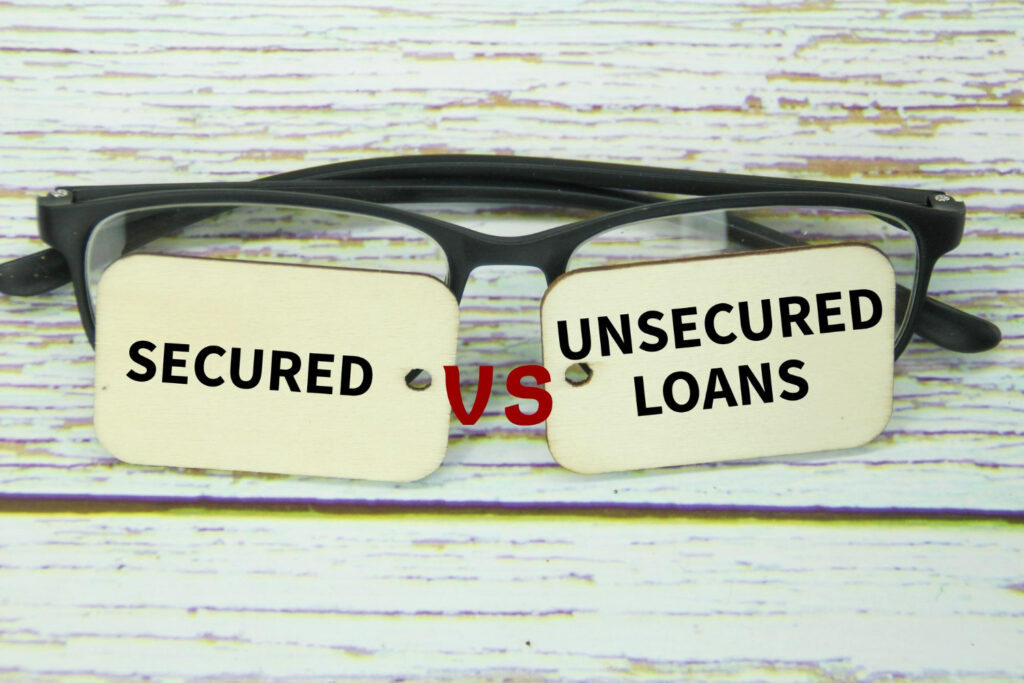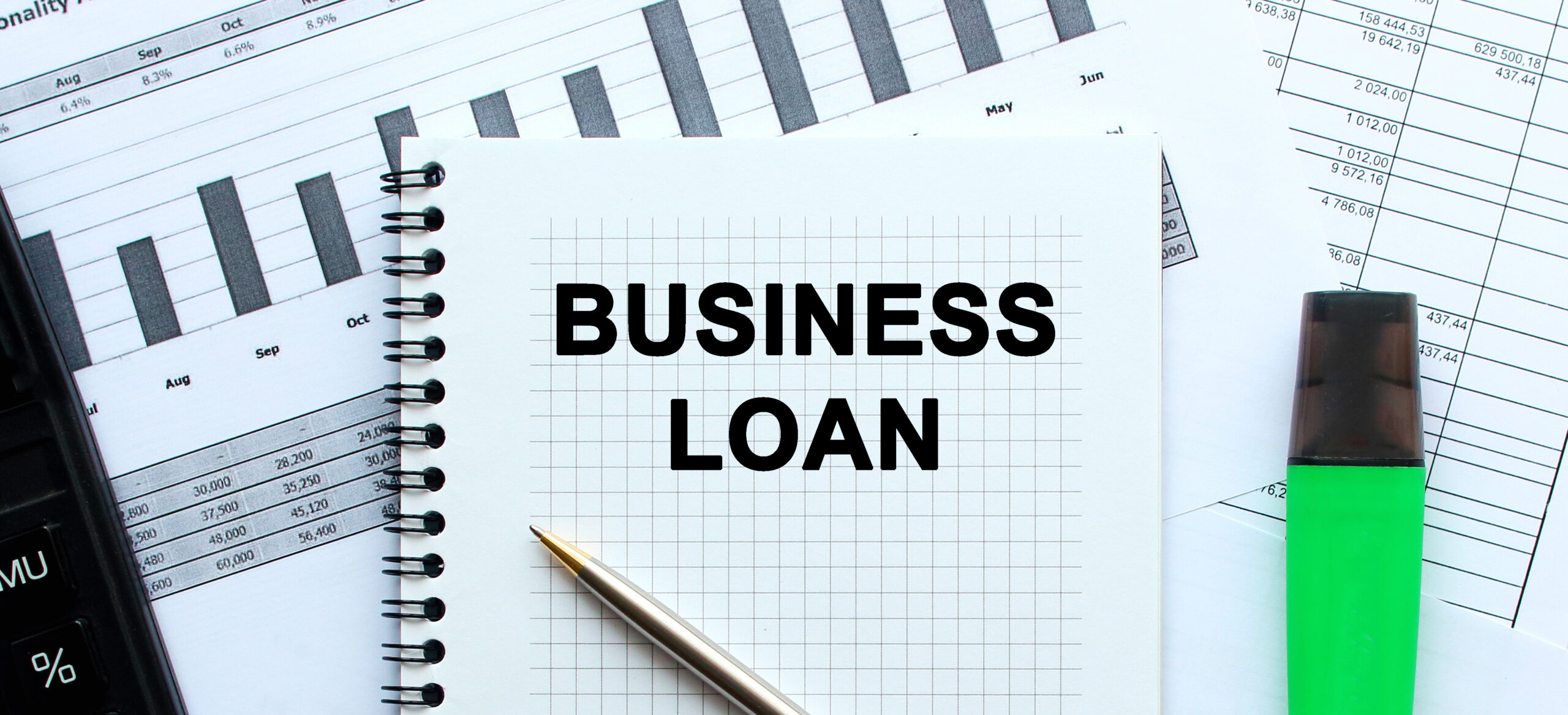Important lessons learned
- Secured business loans need collateral to be guaranteed by the lender.
- A personal guarantee is usually needed for unsecured business loans, although secured loans sometimes feature cheaper interest rates and larger borrowing limits.
- While unsecured loans are better for borrowers without assets, secured loans could be preferable for borrowers with weaker credit scores or those looking for more favorable loan terms.
You should weigh the pros and downsides of both secured and unsecured small business loans before choosing the one that would work best for your company. Collateral of some kind must be provided by the borrower for secured loans. Inventory, real estate, automobiles, accounts receivable, business equipment, or any other asset could be used as collateral. The lender may take possession of the collateral as repayment if the borrower defaults.
Although they don’t need collateral, unsecured company loans usually need a personal guarantee. If you don’t make payments, the lender can legally seize your assets thanks to the personal guarantee. Lenders typically demand a personal guarantee from all business owners with a particular percentage interest or more. Personal guarantees may also be necessary for secured business loans. In this article, we will outline the main differences between secured and unsecured loans and outline which one is right for your business.
SMEs Need Better Ways of Accessing Finance
Despite the boom in new SMEs created over the last two years, 32% of SMEs say they face constant roadblocks and experience difficulties securing capital even as another Survey finds that 84% of businesses find the loan application process difficult and cumbersome. Even the Reserve Bank of Australia finds that commercial banks are not willing to lend to riskier small firms and start-ups, which makes it crucial to understand business finance and how to access short term business loans.
Secured or unsecured small business loan: What’s the difference?
Below, we look at the key differences between secured and unsecured business loans.
| Secured Business Loan | Unsecured Small Business Loan |
| Businesses must own collateral | No collateral required |
| Low interest rates | Higher interest rates |
| Can borrow with a low credit scores | May require a higher credit score |
| Lenders can seize the collateral, should borrowers default on loans. | Lawsuit is required to begin collection of defaulted-on loans |
| Higher borrowing limits due to collateral | Lower borrowing limits due to no collateral backing loan |
| May require personal guarantees | Requires personal guarantee |
Secured business loan pros and cons
Before applying for a secured small business loan, keep these advantages and disadvantages in mind.
Pros
- Lower interest rates than unsecured loans.
- Lenders tend to allow higher borrowing limits.
- It’s easier to qualify for a secured loan.
Cons
- Borrowers must have assets that can cover 80% to 100% of the loan.
- Collateral must be appraised, which is a time-consuming step.
- Lenders can seize your assets used as collateral if you don’t repay on time.
Unsecured business loan pros and cons
Unsecured business loans have a range of pros and cons that are worth considering. Examples, of unsecured business loans include lines of credit, margin loans, development loans, and bridging loans.
Pros
- Businesses do not need collateral.
- Could offer faster funding since there is no appraisal process.
Cons
- Could be more expensive.
- Could have strict eligibility requirements.
- Could have lower amounts.
Secured or unsecured small business loan: Which is right for me?
Depending on your demands, if you have collateral, and meet the loan conditions, you can decide which type of business loan is best for you: secured or unsecured. There is no one size fits all as every business and start-up or SME has different needs. For low-risk lenders, many lenders provide longer or more advantageous repayment terms together with reduced interest rates. By providing collateral, you might potentially minimize the risk for the lender and obtain a better rate if your credit score isn’t the best.

Secured loans are a good fit if:
- You’re a startup and don’t have assets to secure your loan.
- You have a poor credit score and don’t qualify for an unsecured business loan.
- You want a large loan on favorable terms.
Unsecured loans may be better if:
- You don’t have assets and don’t want to risk losing your assets.
- You need cash very fast and don’t want to wait for assets to be appraised.
- You have strong credit and business financials, making it easier to get a lower interest rate without collateral.
- If you can qualify for both secured and unsecured business loans, weigh the advantages and risks of each before determining what is best.
Bottom line
When it comes to working capital or long-term funding, small business owners can benefit from a range of loans from DCF Loans. But picking the best kind depends on several crucial elements, such as your accessible funds and credit score to name a few as well as ownership of collateral. Several factors can determine your likelihood of obtaining a loan, but DCF Loans has simplified the process and made it transparent to help SMEs achieve their investment and expansion goals. Whether you need corporate loans for strategic growth or bridging loans for short-term financial needs, DCF Loans offers tailored solutions to support your business journey
You may want to look into other options if you are unable to get approved for either kind of small business loan. These consist of company credit cards and personal loans. A business credit card can help you establish business credit, which can eventually lead to better financing choices, even though both may be easier to qualify for. Why not start your journey with DCF Loans today and access a loan that will help you take your business to the next level?











